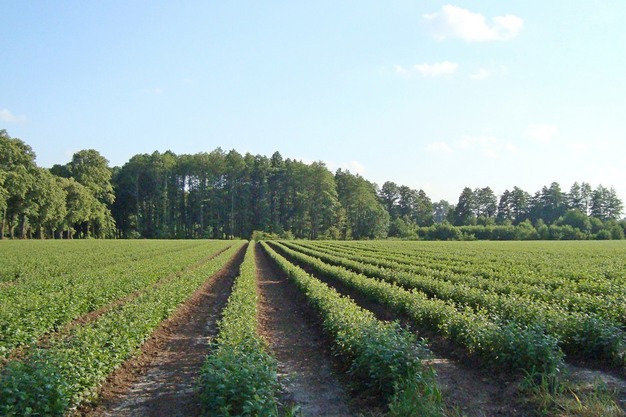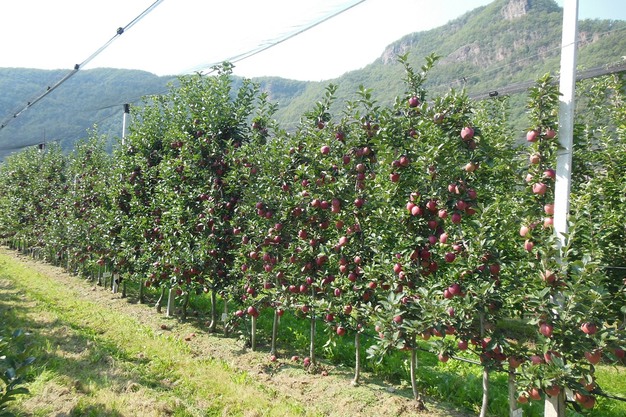The International Rootstock Symposium (IRS) will make its debut at Macfrut 2024 as part of a section dedicated entirely to genetic innovation in the rootstock sector. The symposium will feature four seminars that will address the latest results of public and private research on apple, pear, stone fruit and citrus fruit trees, which will be discussed together with leading experts and breeders.
 When it comes to apples, Walter Guerra, director of the Fruit and Viticulture Institute of the Laimburg Experimentation Centre - a great expert and connoisseur of apple tree breeding - is a point of reference in Italy.
When it comes to apples, Walter Guerra, director of the Fruit and Viticulture Institute of the Laimburg Experimentation Centre - a great expert and connoisseur of apple tree breeding - is a point of reference in Italy.
"After many investments on varieties, the time has now come to focus on rootstocks. A dozen genetic improvement programs are active worldwide, but of course it is lengthy work. We will discuss the current results with the international spokespersons who will attend the event," says Guerra.
"While M9 is the main rootstock for apples since the 1970s, alternatives are now being sought. In the US, the alternatives have already reached 80% of volumes sold, while M9 is still dominant in Europe."

It is essential to have better performing rootstocks because a lot of things have changed in apple cultivation over the years. "Just to make a few examples, the new forms of cultivation and new varieties have precise needs and a rootstock that is 50 years old cannot satisfy them. But there are also many other factors that must be kept into consideration: climate change, insects (the woolly apple aphid in particular), productivity, quality, soil fatigue. These are all aspects that must be assessed and the genetic renewal of rootstocks is trying to adapt to these changed situations."

"When it comes to rootstocks in Europe, we are not expecting a revolution but something will and must change. We will discuss this at length during Macfrut."
For information and registrations
Macfrut Nursery Area
